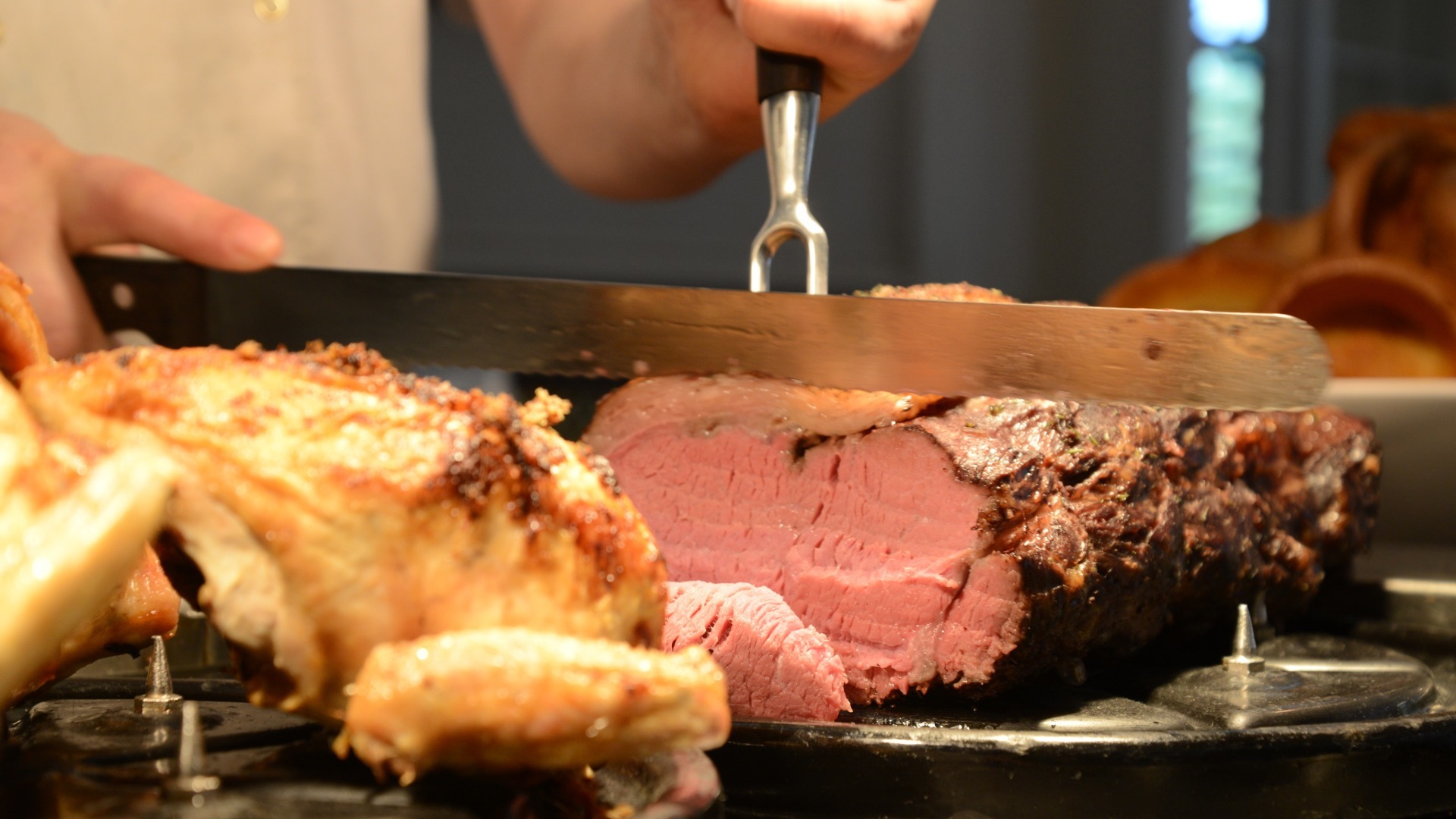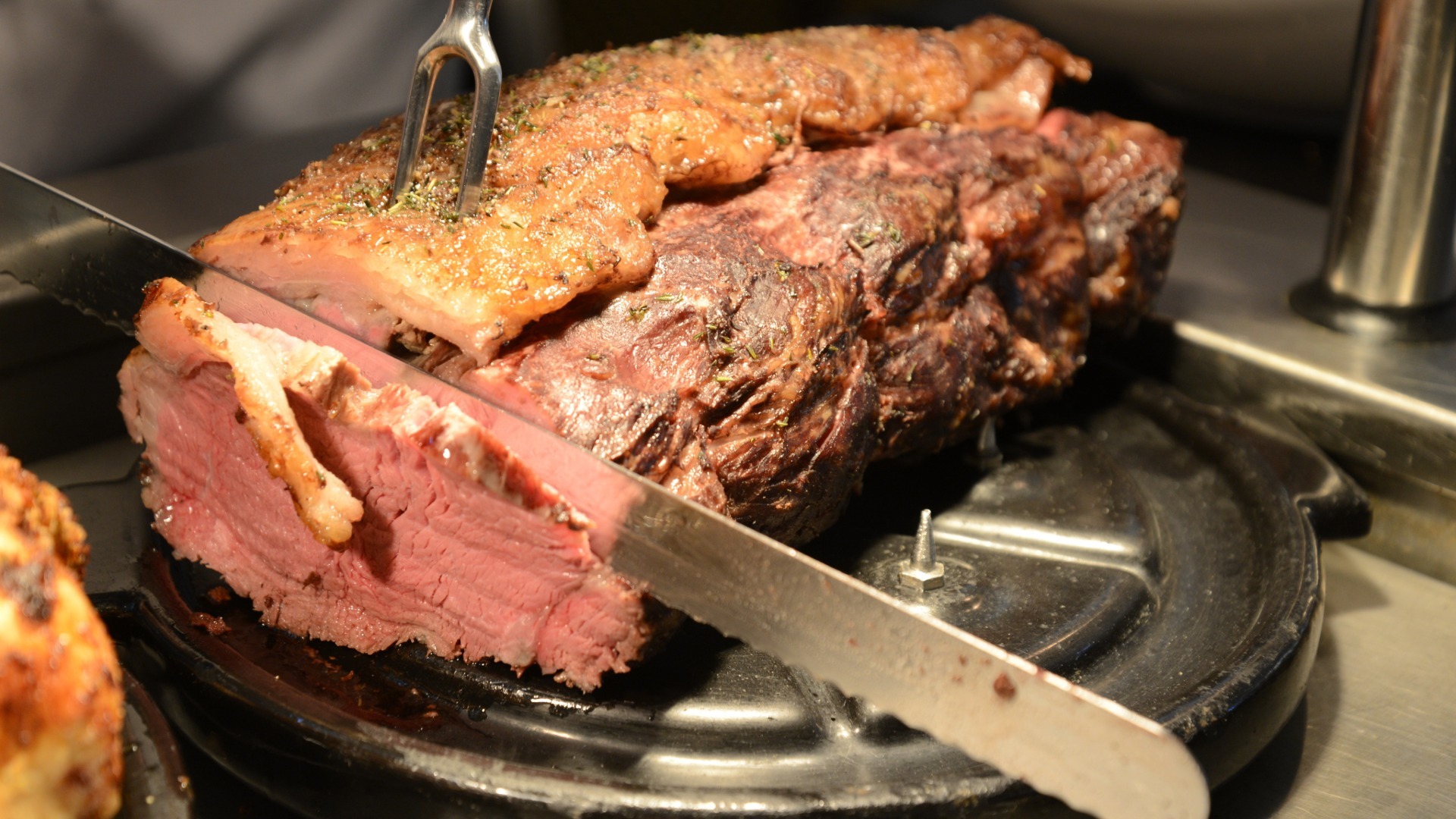Nineteen struck by food poisoning after welsh pub carvery sparks investigation
Posted by Emma on 29th Oct 2025 Reading Time:
A Sunday carvery at one of Cwmbran’s most popular pubs has resulted in a confirmed outbreak of food poisoning, leaving nineteen people ill and prompting an extensive environmental health investigation. The incident, which occurred on 5 October 2025 at The Cwrt Henllys Bar and Restaurant, has drawn national attention and raised fresh questions about food safety in high-volume catering environments.
Customers attending the popular weekend carvery reported becoming violently ill within hours of eating their meals. Among those affected was a pregnant woman who described being woken by severe stomach cramps, fearing she was suffering a miscarriage. Another family claimed that eight of the thirteen members of their party fell sick — even their dog, which ate leftover meat, reportedly became unwell .
Torfaen County Borough Council’s Public Protection Service later confirmed the cause: Clostridium perfringens, a bacteria capable of causing acute gastrointestinal illness. Laboratory tests on nineteen stool samples confirmed its presence. Officials stressed that no further cases had been reported and there was no ongoing public health risk .
Clostridium perfringens is a common bacterium found in soil, animal intestines, and raw meat. According to the Food Standards Agency (FSA), its spores can survive cooking, multiplying rapidly during slow cooling or when food is left unrefrigerated. Outbreaks often occur in situations where food is prepared in large batches — such as carveries or buffets — where maintaining safe serving temperatures can be difficult.
Symptoms typically include stomach cramps, diarrhoea, and nausea, often manifesting within hours of consumption. The illness, though usually short-lived, can be severe for vulnerable individuals including pregnant women, children, and older adults .

In a statement posted on social media, the management of the Cwrt Henllys Bar and Restaurant confirmed that nineteen people had tested positive for the bacteria. They expressed sympathy for those affected and clarified that approximately 200 people had eaten at the venue that day, including staff and local sports teams. Only a small number of tables — “three or perhaps four” — appeared to be impacted .
The management also noted that the contamination may have originated from a supplier issue involving turkey, which has reportedly raised wider concerns elsewhere. “We’ve not had a positive result from any food sample taken from our kitchen,” the statement read. “Our Environmental Health team have been absolutely wonderful, and we’ve worked closely with them to review our processes.”
Since the incident, the pub has implemented new safety measures, ensuring that food now goes directly from oven to plate to eliminate the cooling phase in which bacteria can grow. The establishment also highlighted its decision to close its kitchen voluntarily following the outbreak — a move praised by locals for its transparency and responsibility .
Despite the incident, the Cwrt Henllys maintains a strong reputation in the community, boasting a 96% recommendation rate on Facebook and a 3.9-star rating on TripAdvisor . Locals were quick to commend the business for its swift action and open communication.
Torfaen Council confirmed that environmental health officers had worked closely with the restaurant throughout the process. “The cause has been confirmed as Clostridium perfringens,” a council spokesperson said. “No further cases have been reported as being unwell after eating at the Cwrt Henllys on 5 October, and there remains no wider public health risk” .
While the episode appears to have been contained, it underscores the fragile balance of food safety in commercial kitchens. In an era of rising demand for large-scale dining experiences, even the most reputable establishments face risks when procedures are not airtight.
For customers, the outbreak serves as a reminder of the unseen complexities behind a simple Sunday roast — and how quickly a trusted local favourite can find itself at the centre of a public health scare.




